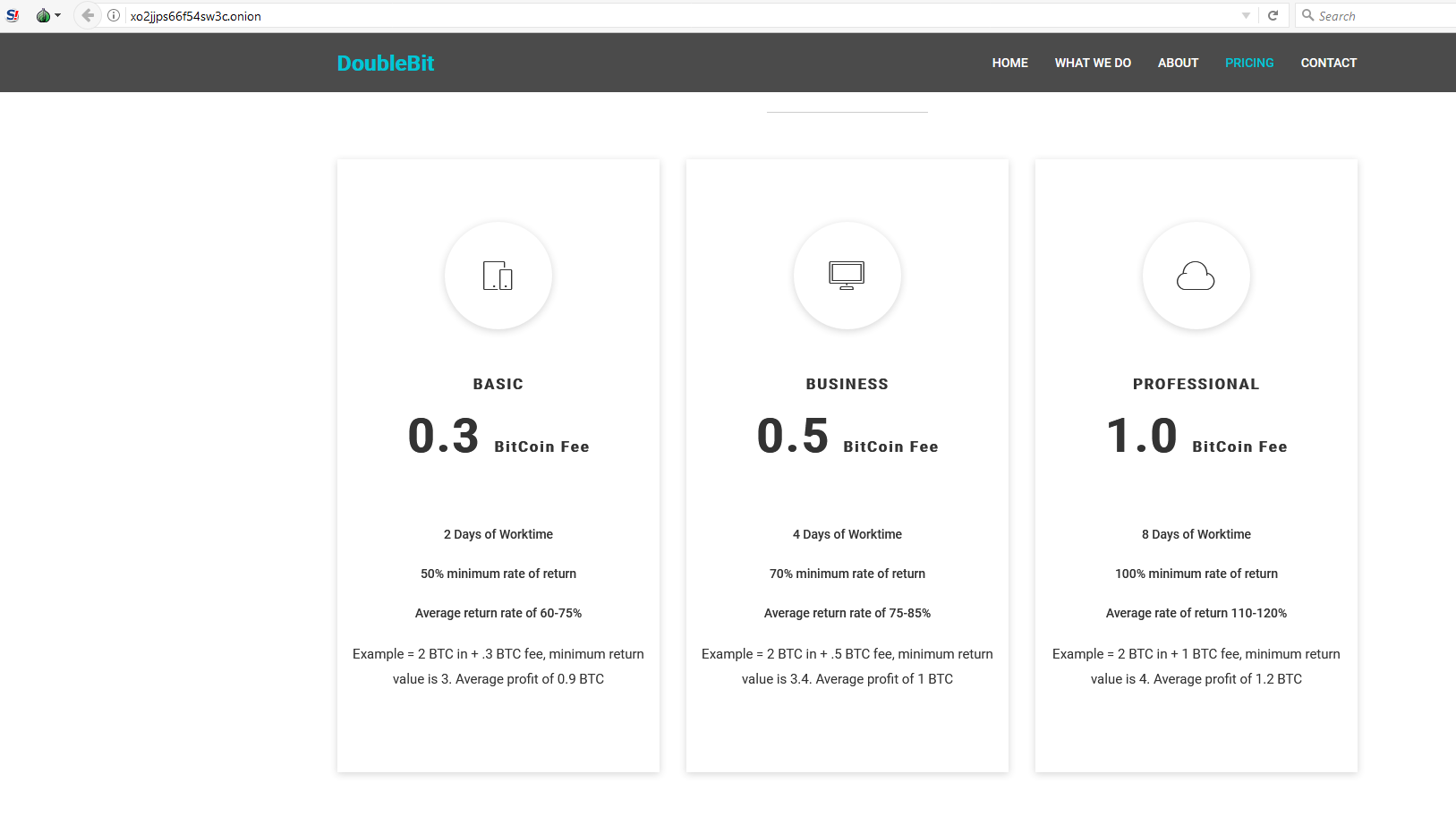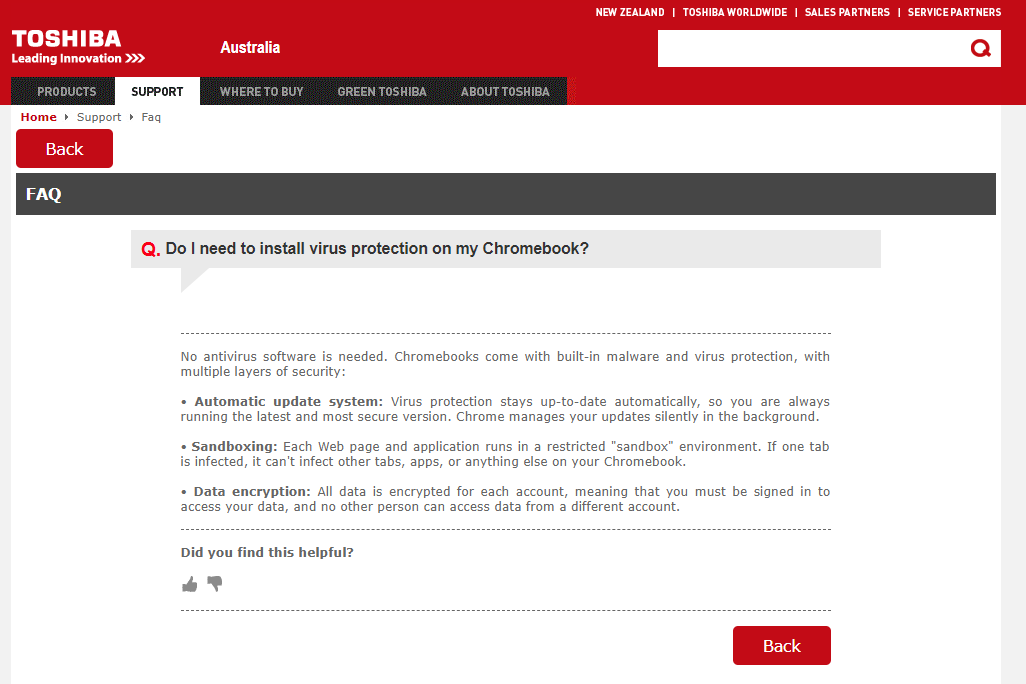One of the most frequently asked questions I receive from readers (from this blog, Twitter and LinkedIn) is "Should I consider TOR private and anonymous?"
This question is interesting with fervent activists on each side [of the issue]. On one side are TOR proponents extolling the virtues of the platform and explaining how it will save humanity from the scourge of privacy-invading networks. On the other side of the discussion are conspiracy theorists that claim TOR is nothing more than an NSA honeypot (a data collection tool).
Like most important topics, the truth is never as clean as we would like it. The truth is that TOR is a little bit of this and a little bit of that. Let's dive straight in.
Who started TOR?
Conspiracy theorists love highlighting the fact that the United States Navy developed TOR. So the first question we need to tackle is regarding this origin statement.
The core privacy functionality of the TOR network, the onion routing, was developed by United State Naval research laboratory employees named Paul Syverson, Michael G Reed and Favid Goldschlag. The purpose of the technology was to protect US intelligence communication.
The TOR Project was launched in September 2002 by Paul Syverson, Roger Dingldine and Nick Mathewson. In 2004, the Naval Research Laboratory released the TOR code under a free license, and the EFF (Electronic Frontier Foundation) began funding the initiative. The Tor project we know and love today was started in December 2006 as a 501(c)(3) non-profit organization with support from the US International Broadcast Bureau, Internews, Human Rights Watch, the University of Cambridge, Google and Stichting NLnet.
It is true that the majority of the funding for the free and open source project came from the US government.
Does the government control TOR entry and exit nodes?
When talking about TOR privacy and confidentiality, there are 2 distinct question most astute users ask:
- Can someone "see into" my traffic?
- Can someone tie TOR traffic back to me?
The first theory I read about consistently was that world governments (particularly the 14 Eyes Countries) control the majority of the TOR Exit nodes thus can "see into the traffic." Looking strictly at the Exit node piece, governments have no deterministic way of knowing where a suspects traffic will exit from the network. As long as they don't control all of the TOR Exit nodes (which we believe they do not), they can't be sure the suspect traffic will flow through their nodes. Additionally, if the site you are visiting is using cheap and easy to implement security (like TLS) then even if the government controls the exit node, they won't be able to "see inside the traffic." Traffic that joins the TOR network to access a TOR hidden service never exits the network so it wouldn't even pass through an Exit node.
What if a government controls both the Entry node and Exit node you use? Assuming you are using TOR to browse the "normal" internet then you will hit an exit node. If the government(s) control enough of the entry and exit nodes, they can use statistical correlation tie traffic back to you.
If you are browsing a site with well-designed security, they still would not be able to see "inside your traffic" but would know that you originated the traffic flow (aka collect metadata).
It is important to remember that the TOR Project isn't just idly sitting on the sidelines watching the government violate its technology. They are actively working to harden the platform and work tirelessly to make it more secure every day. Some of the techniques used by the TOR platform include:
- Switching TOR circuits regularly and unpredictably. Thus making long-term data mining more difficult.
- Ensuring that the TOR nodes used are as randomized as possible. Thus making predictability of route near impossible.
- and more
Has the TOR browser been hacked?
The answer is yes but hold on before you install the TOR browser from your computer. I would submit that almost every commercial or free software has exploitable bugs that would compromise a users privacy and confidentiality. The question isn't whether a product has these types of exploitable bugs but rather what the software "vendor" does about them. The TOR project has been an incredibly honourable steward of the TOR platform. They quickly patch any discovered vulnerability.
The other "trick" for the extra paranoid is to switch the security level in the TOR Browser to high. This will break some sites, but you want strong security don't you?
Can I be tracked using the TOR Browser?
I wrote an article in 2016 talking about browser fingerprinting techniques and referred readers to the EFF's Panopticlick site to test this on their own devices. Browser Fingerprinting is a technique that leverages information your browser gladly provides to sites to uniquely identify you and then track you as you browse the web.
To illustrate the power or browser fingerprinting, I ran the Ponopticlick site on my "normal use" machine using different browsers.
- My reference browser will be Google Chrome (same results with or without UBlock Origin): Your browser fingerprint appears to be unique among the 1,747,285 tested in the past 45 days. Currently, we estimate that your browser has a fingerprint that conveys at least 20.74 bits of identifying information.
- The Brave "privacy" browser (default configuration): Your browser fingerprint appears to be unique among the 1,747,235 tested in the past 45 days. Currently, we estimate that your browser has a fingerprint that conveys at least 20.74 bits of identifying information.
- Microsoft Edge (Win 10 latest update): Within our dataset of several million visitors tested in the past 45 days, only one in 218410.63 browsers have the same fingerprint as yours.
Currently, we estimate that your browser has a fingerprint that conveys 17.74 bits of identifying information. - Microsoft Internet Explorer (Win 10 latest update): Your browser fingerprint appears to be unique among the 1,747,285 tested in the past 45 days. Currently, we estimate that your browser has a fingerprint that conveys at least 20.74 bits of identifying information.
Tor Browser with safest security option: Within our dataset of several million visitors tested in the past 45 days, one in 92.3 browsers have the same fingerprint as yours. Currently, we estimate that your browser has a fingerprint that conveys 6.53 bits of identifying information.
So in safest mode, the TOR browser does dramatically reduce information leaking about your browser but the fact you are using a low popularity browser is in fact itself a tracking tool. The short answer to this question is that tracking is still possible.
Should I trust the TOR Browser?
I've addressed some of the most common questions I receive, but the only reason you read this article is for this one question alone. You want to know if the TOR browser is safe enough for you.
Unfortunately for you, I'm a security professional, and I believe security is never black or white. The question of whether the TOR Browser is safe enough for you is the real question and that depends.
It depends on the types of activities you are performing.
On the low end of the spectrum is a general user that wants to use TOR to browse questionable websites from work without leaving traces in the company proxy logs or without being stopped by a URL filtering tool. For this type of user, the privacy and anonymity afforded by TOR are probably sufficient. It is unlikely that a nation state will target you for deanonymization and tracking.
On the other end of the spectrum is a hardened criminal trying to sell nuclear secrets to the highest bidder. You would probably be classified as a high-value target by the global intelligence community, and thus they would use the full arsenal of tools to identify and track you. If you are a criminal mastermind hellbent on world domination, you probably need better tools than TOR.
A tweet by Edward Snowden explains it best:
In seriousness, this is a complex question for which there is no one right answer. But relative to #Allo, Signal is safer for normal users.
— Edward Snowden (@Snowden) September 21, 2016
Security is a complex system of risk management and mitigating controls. There is no magic bullet where everyone is safe and anonymous all of the time. True security is a complex architecture of different technologies implemented in very particular ways, to achieve the protection level you desire or need.
If you are browsing adult content from home and want some level of anonymity, TOR is perfect.
If you want to browse it while at work, know that most companies have agents installed on your workstation to track your browsing regardless of the browser used.
Therein lies the real risk. Whether you are using TOR or the end-to-end encrypted Signal messenger, the tools themselves are often secure. However, if someone compromises either of the endpoints, you can still be de-anonymized. This is why true security must be done in layers.
Maybe you need to run a secure Operating System, like Qubes OS that routes its traffic through TOR (booted from read-only media and hash checked to ensure it has not been tampered with). Additionally, even if you have a safe and secure computer, operating system and connection, you must still be careful not to involuntary divulge clues about yourself when online, so security hygiene is also very critical.
Security is though. Perfect security doesn't exist.


























